How Much Should You Save Each Month When Planning For Homeownership?

Posted by Eric Skates on
When you're planning to buy a home, saving money every month is one of the single smartest things to build your downpayment and prepare for your new homeowner reserve funds. However, knowing how to save does not come naturally to everyone. There are many smart saving strategies and you may be wondering which is the smartest for your personal finances. While we can't examine your income to expenses through the boundaries of a static blog article, we can give you helpful guidelines to show you what the smartest way to save for your income and lifestyle may be.
You likely already know that you should be setting money aside monthly out of each paycheck to ensure that you are saving steadily. But how much should you put into savings each month for your new home? That is exactly what we're here to help you decide.
The Practical 10% Rule
One of the best pieces of savings knowledge we can offer is a good baseline. The best place for most people to start is with the 10% rule. So if you are earning $2,000 a month, you would sock away $200 per month into savings. 10% of your income is something that most household budgets can manage, even if your expenses take up most of your income, and that money is still yours building interest for treats or emergencies in the future.
The Optimistic 50/30/20 Rule
A good goal to aim for is the 50/30/20 rule. This method starts by suggesting that you reserve half your income for necessities like rent, bills, and groceries. The next 30% of your monthly income should be reserved for discretionary spending like restaurants and activities. Discretionary spending is important to help keep us happy and productive. Finally, you should dedicate the remaining 20% to your savings. Donating 20% can be truly significant, but we also know that not everyone's household finance math works out that way.
Save More Each Month
Once you get into the habit of saving, it becomes easier to increase your savings as the months go on. Consider trying to save 10% for the first three months, then up it to 15% over the next three months. The more money you make beyond the cost of necessary expenses, the more you can save. By carefully increasing the amount you save over months, you can find your level and even adapt your discretionary spending to make room for more savings without feeling like you're giving up things that matter.
Tight Budgets vs Generous Budgets: Save Whatever You Can Afford
It's important to adapt your spending to consider your household budget. The 50/30/20 rule, for example, assumes that your necessities cost 50% of your income, but not every family works like that. If you are working with a low income or high expenses, you may need to spend more than 50% of income on necessities. If you have a high income and keep your cost of living relatively low, you may have much more than 20% left to save after you have paid for necessities and enjoyed a reasonable amount of discretionary funding.
So save what your family can afford. Whether that's just a few dollars after necessities or a few thousand after you've taken care of everything else.
Divide the Cost Across Months of Savings
Lastly, consider the cost of what you are saving for. Your target downpayment size can become your savings goal and calculated to help you decide how much to save each month. Set a date, then divide the cost by the number of months between you and that date. Or determine how much you can afford to save monthly and multiply that until you reach the number of months until you reach your home saving goal.
---
It's easier to save monthly for a home purchase than you realize. With any one of these strategies, you can start building your savings account and will likely be surprised how fast it grows. Remember to save something, whatever you can afford, every month and watch your potential downpayment grow with every deposit.
If you're ready to explore homeownership and mortgage options, contact us today by clicking here or giving us a call toll-free at 877-255-3554.




